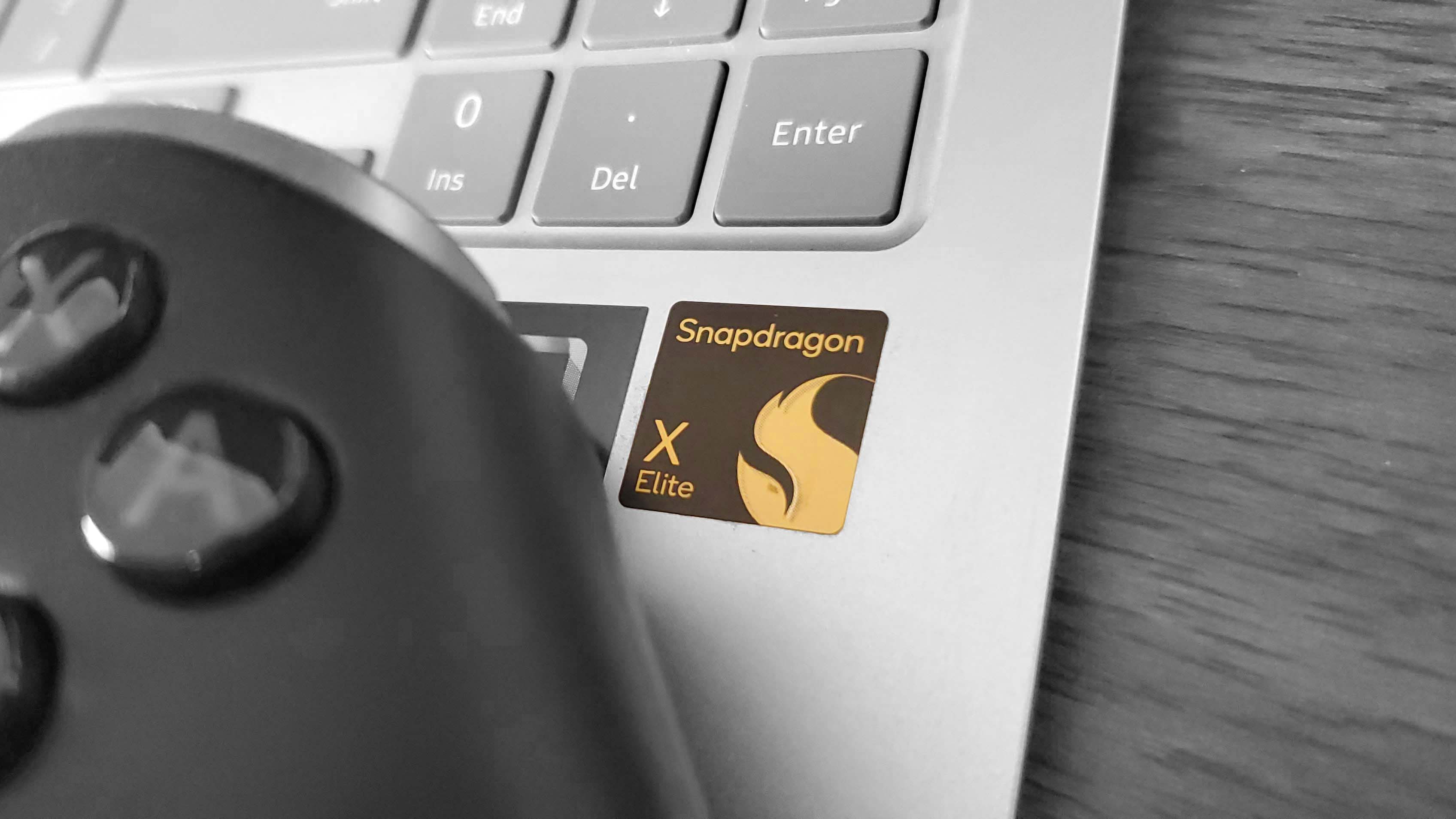Windows on Arm is a project that I can't help but get excited about, however long and torturous the road towards gaming on the OS fork might be. So I'll happily take the top-up to my excitement meter from the news that Arm-based systems will be able to download Xbox PC app games locally rather than just play them on the cloud.
Arm users have been able to play supported games via Xbox Cloud Gaming for a while now, but a new Windows Insider build (version 2508.1001.27.0 and higher) will allow Xbox Insiders to download compatible games locally. This will presumably be coming to the main update channel before long, too.
'Compatible' is the operative word here, though, as not all games will work well (you can check out compatible ones here). That's been the biggest problem with gaming on Arm-based Windows systems, as we've discovered through our own testing: often it is incredibly buggy or just doesn't work.
In which case, cloud gaming might remain a better choice regardless, a lot of the time. But that doesn't mean steps forward for Arm and gaming on Windows aren't welcome news.
When I spoke with Arm a couple of months ago, I was told Windows software compatibility is "largely a solved problem", but I think that was mostly referring to non-game software. Regarding gaming, Senior VP and GM of Client at Arm Holdings Chris Bergey told me that the future of Windows gaming on Arm depends on game devs choosing to build in Arm support.

But that's only going to start happening—if it ever does—if and when demand and use increases. Which is something a change like this should help, however slightly.
The as-yet unmentioned elephant in the room, however, is that current Windows on Arm systems aren't exactly gaming powerhouses on the hardware front. In the best case we're looking at Snapdragon X Elite machines with Adreno GPUs, and these wouldn't be able to perform up to the standard of most current-gen discrete laptop GPUs, even if compatibility was perfect.
Which means, of course, that cloud gaming might be a better option regardless even if the compatibility is there.
Again, though, I'm not going to knock progress in Windows on Arm compatibility when it happens, however fragile that progress might seem. And I suppose Nvidia's rumoured-but-basically-confirmed upcoming Arm laptops might have something to say about the whole "not powerful enough" thing, assuming they get paired with discrete Nvidia mobile GPUs. Though we'll have to wait a little while to see those.